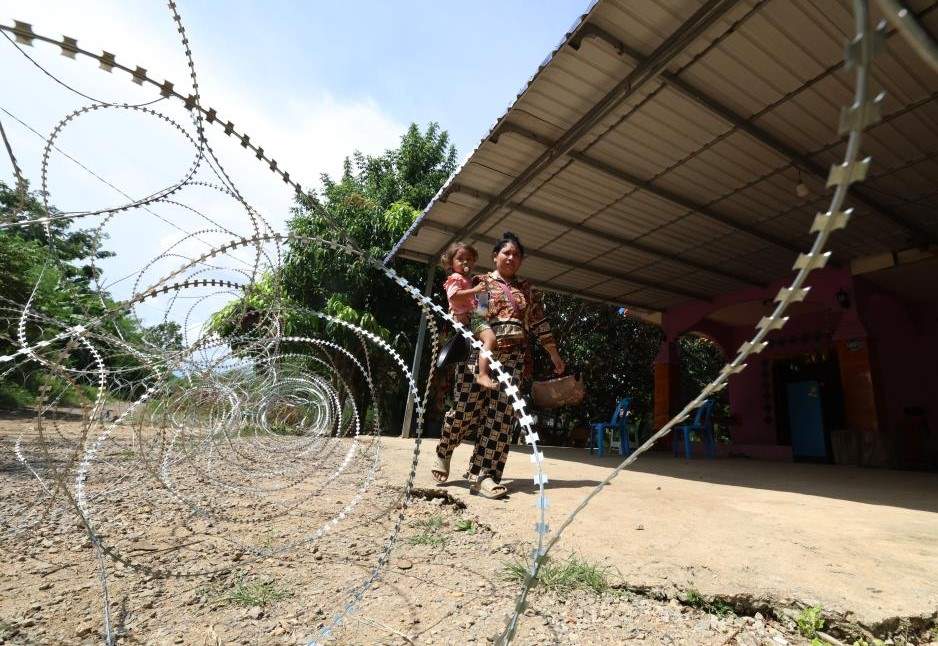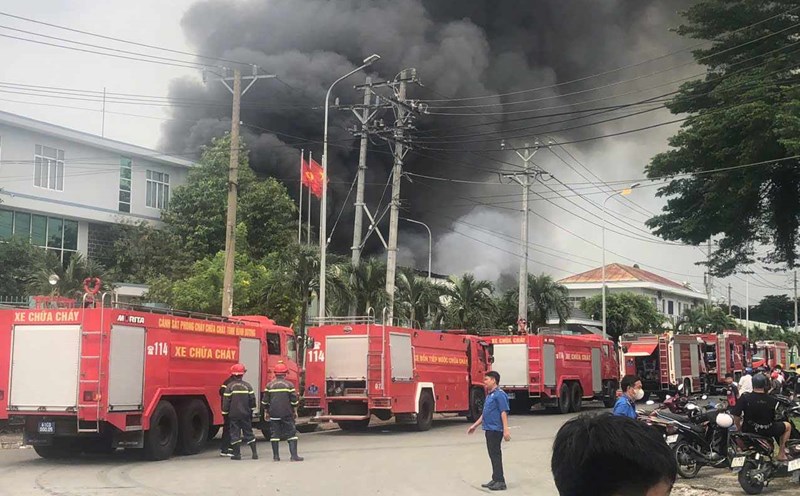Cambodia has launched its largest online scanning campaign ever, with nearly 140 raids and more than 3,000 arrests from at least 19 countries. However, the researchers believe that the fate of the tycoons behind the arrest is still open, as most of the captives are just low-level workers in the unions.
Channel NewsAsia has published an analysis by Ivan Franceschini, lecturer in Chinese Studies at the University of Melbourne (Australia), and Ling Li, a PhD student at Ca' foscari University in Venice (Italy), specializing in research on modern-day slavery supported or facilitated by technology.
The analysis highlights that the online fraud crackdown was launched after Cambodian Prime Minister Hun Manet issued a directive on July 16 demanding local authorities, law enforcement, courts and the National Commission for gambling to take strong action against the growing threat from fraud rings.
When the raids took place, many Telegram channels of cybercriminals appeared with urgent warnings, saying that the police set up checkpoints to arrest people without passports. Some videos circulating show a large number of people fleeing from fraud complexes.
The Cambodian government declared the campaign a success, arresting more than 3,000 suspects from at least 19 countries. However, the authorities said that only a few of these were detained unintentionally, contrary to previous studies published in The Conversation showing that thousands of people were scammed or traded into complexes, forced to work in conditions similar to the Modern era rule.
The campaign has received praise from China and some countries affected by Cambodia's fraud industry, but analysts are still skeptical about the possibility of completely wiping out the rings.
According to the two experts, the cause lies in two key factors that have not been handled: Power protection network for gangs and solid infrastructure of complexes. If the bosses are not passive and the infrastructure still exists, fraud can quickly return when the pressure decreases. The arrested person is usually just a low-ranking employee, while the leader is still in hiding.
The common scenario is that after the searches, the line is temporarily suspended and then resumed operation or moved to a safer place. Confiscated equipment can be easily replaced and it is not difficult for workers to recruit.
The search also coincided with a brief conflict at the Thailand - Cambodia border, causing some analysts to believe there was a connection between the two events.

Thailand believes the tension comes from its efforts to dismantle fraud in Cambodia. Since the beginning of the year, Thailand has cut off electricity and the Internet in the border city of Poipet - a hot spot for the lines.
In early July, Bangkok targeted a Cambodian congressman and tycoon who owned many properties in Poipet accused of being involved in online fraud, issuing an arrest warrant and searching the assets of him and his family in Thailand.











